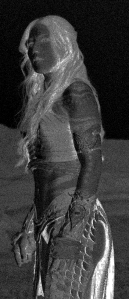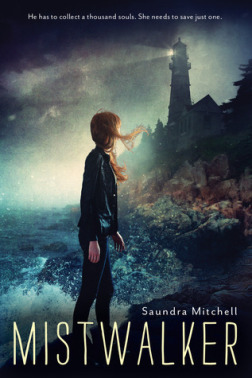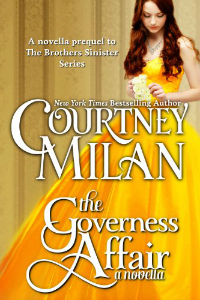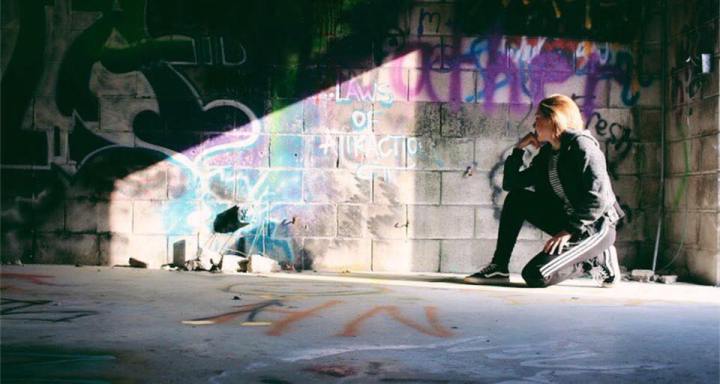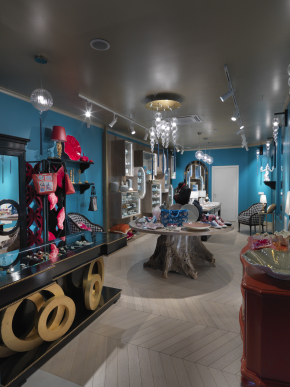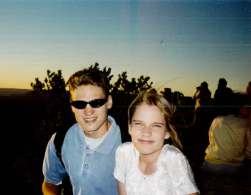 This past Saturday marked the four-year anniversary of my brother’s sudden death. I dedicated the morning to remembrance, honoring my brother the best way I knew how: reading Raymond Carver’s “Where I’m Calling From” and listening to “Idaho” by Down Like Silver. I spent the evening with my sister, and in between watching 90s feel good movies, we shared our favorite memories of my brother: mine was from way back in Idaho in the early 90s when we used to re-enact the Legend of Zelda video game. He was Link and I was his fairy sidekick.
This past Saturday marked the four-year anniversary of my brother’s sudden death. I dedicated the morning to remembrance, honoring my brother the best way I knew how: reading Raymond Carver’s “Where I’m Calling From” and listening to “Idaho” by Down Like Silver. I spent the evening with my sister, and in between watching 90s feel good movies, we shared our favorite memories of my brother: mine was from way back in Idaho in the early 90s when we used to re-enact the Legend of Zelda video game. He was Link and I was his fairy sidekick.
Grief makes time fold in on itself: sometimes four years is a second and other times it is a decade. As the years pass, I feel the sharp pain of loss smooth into something duller. It’s still there always, lingering at the corner of my eyes or deep down in my stomach, but it, like everything else, has softened with time. The act of remembering remains very important to me, but whereas my parents remember through visiting his grave, I find the tangible objects that serve as memory talismans tend to be forms of art: the tattoo I have that pays tribute to him, movies, music, and especially books.
Last year on the anniversary, I hosted a reading for Michelle Tea when she visited Seattle to launch Black Wave. Her memoir-novel hybrid follows fictional Michelle, who, desperate to quell her addiction to drugs, a disastrous romance, and a San Francisco in the throes of the first tech bubble, heads to LA as a global apocalypse approaches. There she begins an exploration of how to make queer love and art without succumbing to her self-destructive vices.
I was honored to work with Michelle on this book back when I was publicist at Feminist Press and especially to introduce it on such a meaningful day in my personal history. The book and Michelle’s work and life have been an inspiration to me. For a long time, my brother was the only example of a person close to my life who was an addict. And I lost him. Reading Michelle’s work showed me that people can and do make it out the other side—it’s ugly and hard and apocalyptic, but it happens.
Reading her work serves as therapy, as remembering, and as way of looking forward. Losing someone doesn’t mean you must remain forever in the past. Art is an important way to take them with you into the future.
Advertisements Like this:Like Loading... Related